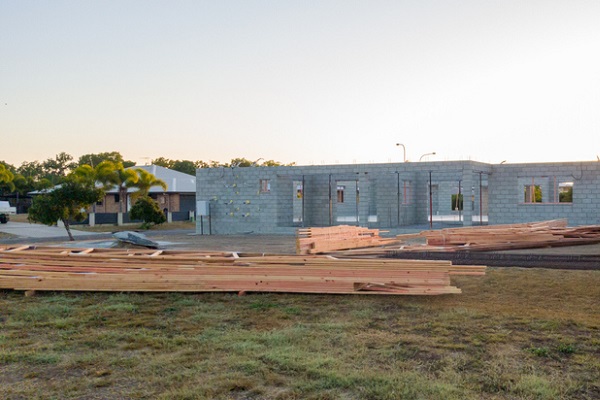Construction industry bodies respond to Federal Budget

The Albanese Government has released its 2023-23 Budget, delivering on its mandate to get wages for workers moving and address the cost-of-living concerns.
Despite some highlights, such as Master Builders Australia (MBA) supporting the expansion of the first-home buyer and the regional first-home buyer guarantee or Ai Group welcoming the announcements around improving Australia’s skills base, industry groups have, nevertheless, expressed disappointment in Budget’s lack of support for business productivity.
“The Budget was a missed opportunity to appropriately boost business productivity which is a “critical tool in the inflation-busting toolkit,” MBA chief executive officer Denita Wawn says.
“With the challenge of rising interest rates and high inflation, the federal government has failed to provide big picture fiscal policy measures to tackle this head-on and instead opted for a potential inflation-building pathway,” Denita says.
She says that the industry has moved backwards over recent years in terms of its productivity performance. The budget has missed a chance to allow for more favourable outcomes when it comes to the cost, quality and quantity of building and construction output.
“It’s accepted across the board that business, including small business, is leaned on to spearhead economic recovery, but there have been minimal measures in the budget to boost business productivity,” she says.
“The large economic footprint of the building and construction sector means that better productivity in our industry will flow to many corners of the whole economy and benefit the living standards for Australians.”
While fiscally prudent, this year’s Budget unfortunately lacks the urgency and imagination required to power the Australian economy through a period of anaemic growth according to Ai Group chief executive of the national employer association Innes Willox.
“It offers little to kickstart the structural reforms needed to boost productivity, investment, innovation, job creation and sustainable real incomes growth,” Innes says.
“Among the disappointments for business is the lack of focus on improving productivity, as well as relative lack of attention given to the needs of business itself.
He says that the Government’s $15 billion National Reconstruction Fund receives seed funding of only $550 million this year, almost stalling it at the starting line. This represents 3.6% of the promised total NRF funding.
“A new Industry Growth Program is a cut-down, half-funded, government-run version of the existing Entrepreneurs’ Program, which has provided support for smaller businesses to strategically plan for growth and expansion.
“Overall, the Budget does not seek to cure the fundamental problems that Australian businesses and the economy face. While it reduces debt, the focus on short-term household relief will not provide the productivity growth we need now and the jobs we need for the future.”
